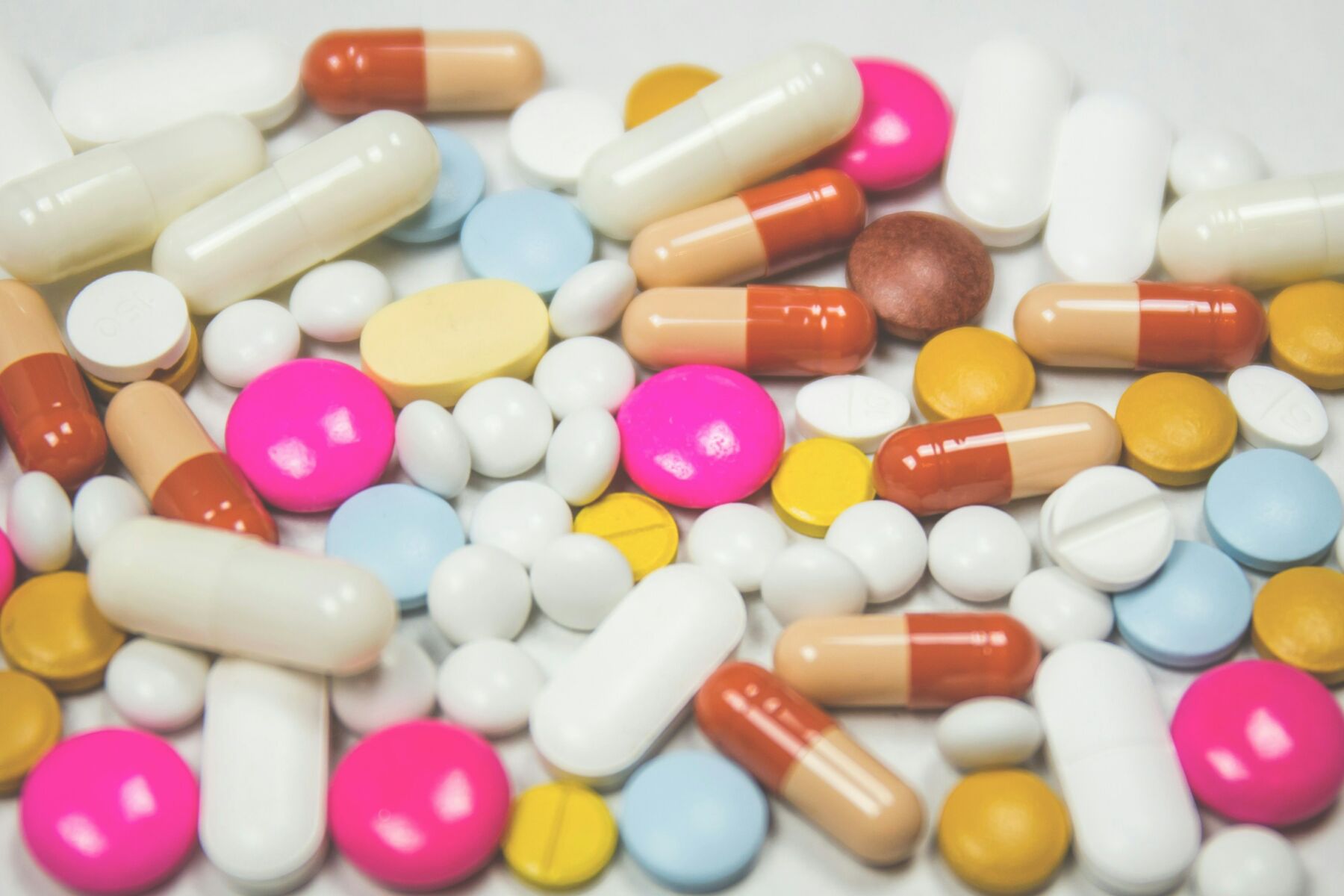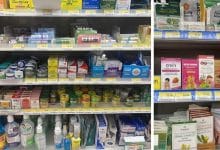Thailand expands free essential medicines list, saving 170 million baht

The National Drug System Development Committee expanded the national list of essential medicines, ensuring that patients can access these drugs at no cost. This decision is set to improve healthcare accessibility for many in Thailand, as announced by Deputy Prime Minister Prasert Jantararuangtong yesterday, December 4.
The committee has now made over 20 new drugs available on this national list. These include injectable medications for severe psychiatric conditions, drugs designed to aid in smoking cessation, and those facilitating abortion, in compliance with Thai law, which allows abortions up to 20 weeks into pregnancy.
A new pricing strategy was also revealed, outlining the median costs for 53 different drugs. This initiative is expected to lead to significant savings, estimated at around 170 million baht (US$5 million), in government drug expenses.
Another significant development is the committee’s strategy to boost the health product economy. This approach focuses on encouraging investments in various health product groups, such as biological medicines, herbal products, and medical devices, as part of Thailand’s national policy, reported Bangkok Post.
Prasert elaborated, “There are health products with high market value, including those backed by manufacturers with research and development plans, such as advanced medical products, herbal extracts, and artificial intelligence medical devices.”
In related news, the ongoing legal tussle between the Medical Council of Thailand and the National Health Security Office (NHSO) over the provision of free medicine under the universal healthcare scheme is causing alarm among civil society groups.
The Thailand Consumer Council (TCC) is urging the Medical Council to reconsider its lawsuit, which challenges the NHSO’s policy of distributing free medication for 16 common ailments through pharmacies.
Saree Aongsomwang, the Secretary General of the TCC, voiced her concerns, highlighting the potential repercussions for patients if the lawsuit proceeds. The Supreme Administrative Court’s decision to entertain the complaint has added tension to the already strained relations between the Medical Council and the Pharmacy Council of Thailand.
Latest Thailand News
Follow The Thaiger on Google News:


























